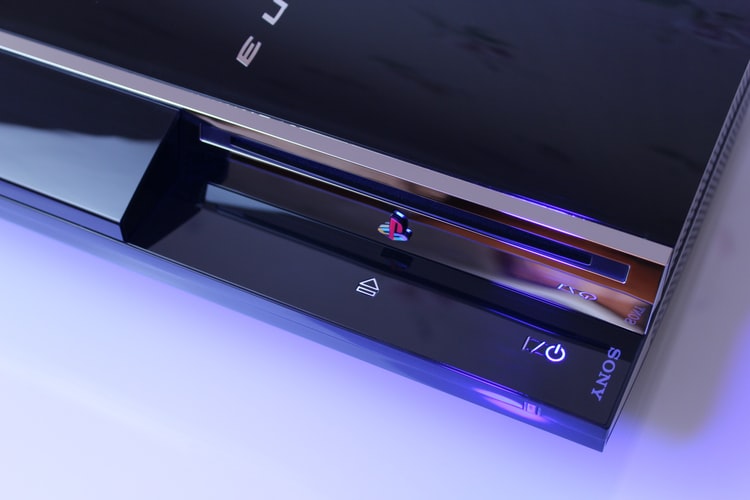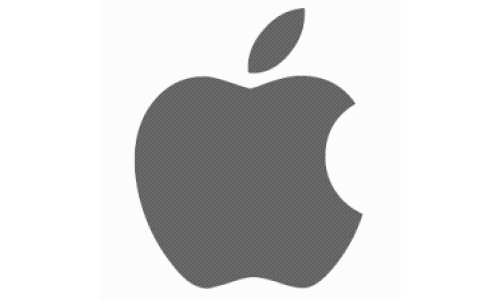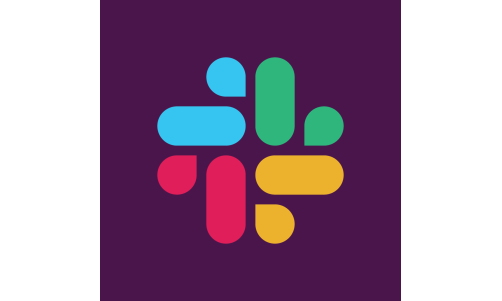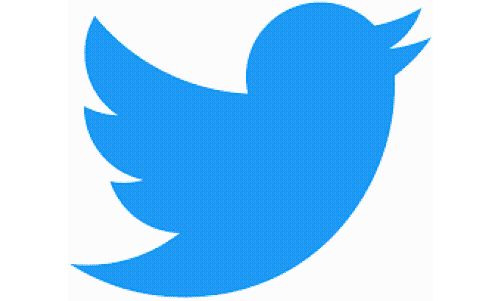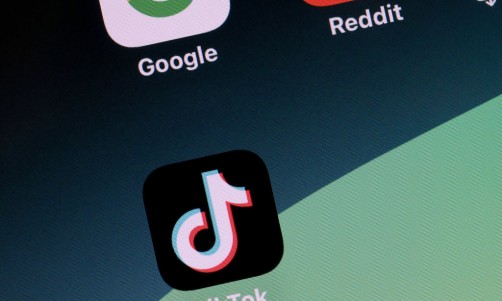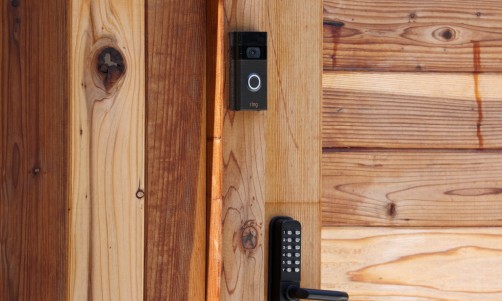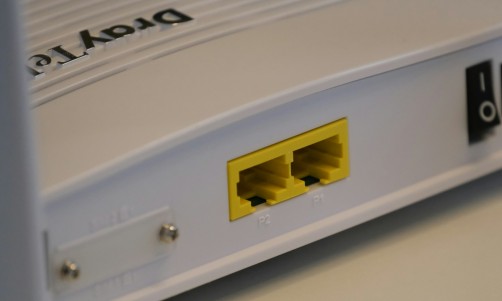It's easy to think that your Xbox or PS5 might be safe from outside attacks. However, even though consoles are getting more advanced, so are hacker habits and strategies! Did you know that your games console could be under threat from a cyberattack without you even realising it? You can't always install a firewall for every piece of kit, so it's a good idea to prepare for every eventuality.
What's at Stake?
When you think about cyberattacks and your consoles, you might be thinking, 'who's going to want my saves'? Hackers aren't looking for your gaming data - they're looking for money, for downloads and IDs.
A few years ago, both Microsoft and Sony's online gaming networks fell prey to sophisticated attacks. In 2017, it's reported that around 2.5 million gamers found their data shared with the masses. This data might not seem like much, but it can be very lucrative on the 'black market'.
Gaming network data can include your name, address, payment details, and more. Some hackers may even sell on gamer IDs and logins completely, as all of your credit goes with it. Not only that but any games and DLC you've paid for transfers over also.
Losing access to your hard-earned games and credit can be a nightmare come true. Therefore, you're going to need to do more than just set up a secure password to lock it all away.
How Can You Protect Against Cyberattacks?
There are many different ways through which attackers can seize data and steal your credentials. They might use sophisticated phishing attempts, or they might throw down a DDoS and grab what's left.
A great way to protect yourself against hacking is to use a gaming VPN. Surfshark (available at https://surfshark.com/download/playstation-vpn) is a leading example. Using a VPN cloaks your activity, meaning any would-be digital thieves have no idea where you're playing from. It's instant anonymity.
You should also take steps to keep sensitive data off your gaming profiles. Don't save cards or PayPal credentials in your login, for example. Yes, it's convenient to load them back up again whenever you pay and play, but it's a pretty risky manoeuvre.
Only ever use legitimate apps, platforms, and follow links from those sources you trust. Many gamers find themselves paying dearly for clicking on the wrong thing - or downloading the wrong program. It's all about trusting your gut and employing some common sense.
The Bottom Line
The bottom line for protecting yourself while playing online is, of course, to keep your wits about you. Unfortunately, providers such as Sony, Microsoft and Nintendo can only do so much. While firmware updates do roll out thick and fast, you can't always rely on those patches to protect you.
Be smart about what you upload and contain online - and if something seems off, leave it, well, alone. Do you want to risk you losing those Smash fighters? Probably not.

